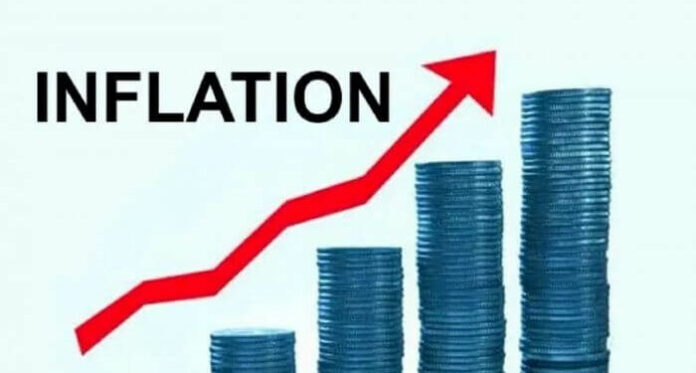By Aaior K. Comfort
The Organised Private Sector (OPS) has expressed skepticism regarding the National Bureau of Statistics’ (NBS) report showing a drop in Nigeria’s inflation rate for August 2024. The NBS reported a decrease in the headline inflation rate to 32.15%, down from 33.40% in July.
Dele Oye, President of the Nigerian Association of Chambers of Commerce, Industry, Mines, and Agriculture (NACCIMA), criticized the report as inconsistent with the high costs of living and doing business experienced across the country. He argued that the actual cost of goods and services has surged due to increased petroleum prices, which he described as a major factor driving up transport and production costs.
Oye highlighted that the NBS figures seem detached from the real economic conditions, pointing out that the price of petrol, a critical input for many sectors, has soared, exacerbating the inflationary pressures on businesses and consumers alike.
“The National Petroleum Company Limited’s plan to sell petrol at over N1,000 per liter in the north underscores severe fuel shortages and inflated prices,” Oye stated. He criticized the Central Bank of Nigeria’s monetary policies, suggesting that they have not effectively addressed inflation and questioning the credibility of the NBS’s data.
Dr. Femi Egbesola, President of the Association of Small Business Owners of Nigeria, also challenged the reported decline in inflation rates, noting that rising commodity prices and fuel costs contradict the NBS’s findings. He expressed doubts about the effectiveness of interest rate hikes in controlling inflation, fearing they might further depress the economy.
In contrast, Gabriel Idahosa, President of the Lagos Chamber of Commerce and Industry (LCCI), viewed the slight decrease in inflation as a sign of potential stabilization. He noted that while inflation rates might decline gradually, challenges such as fluctuating petrol prices and exchange rates will continue to influence the inflation trajectory.
Idahosa acknowledged that while inflation might have peaked, predicting the future trend remains complex due to the interplay of various economic factors, including oil prices and exchange rates. He emphasized the need for a comprehensive approach to address the fundamental drivers of inflation to restore economic stability.

